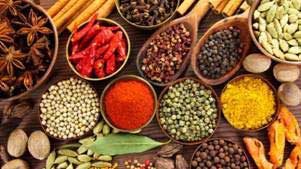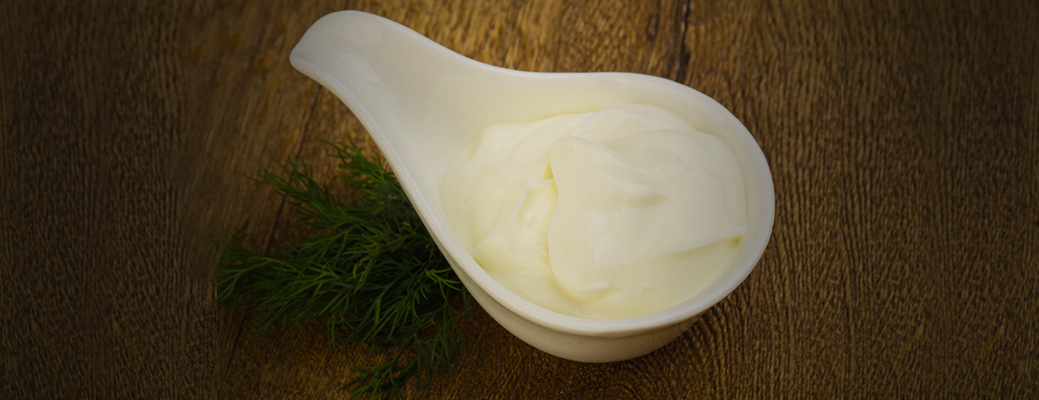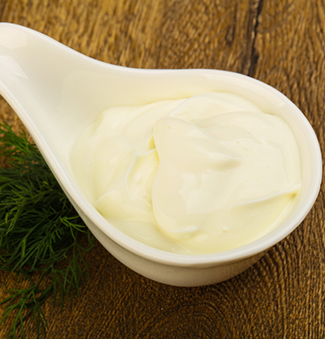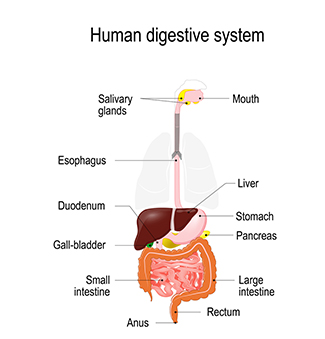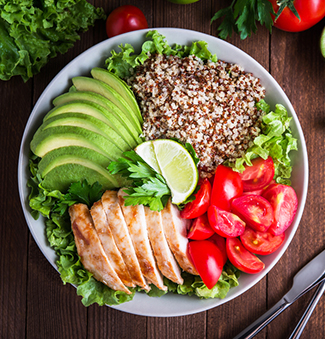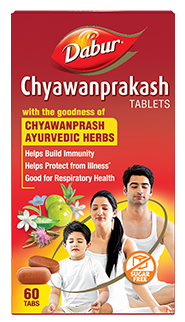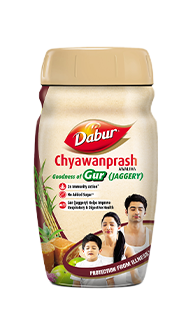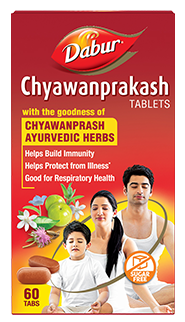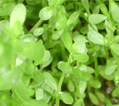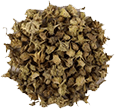What is meant by immunity?
What is Immunity
Immunity is the state of being immune from or insusceptible to a disease or the like. It is the protection against infectious disease conferred by the immune response. It includes the body’s capacity to distinguish foreign material from self, and to neutralize, eliminate, or metabolize that which is foreign.
When a foreign substance enters the body, complex chemical and mechanical activities are set into motion. These processes defend and protect the body's cells and tissues. The foreign substances are usually a protein, and called as antigen. The most common response to the antigen is the production of antibody, a protein synthesized by immune system that can help neutralize pathogens such as bacteria and viruses.. The antigen--antibody reaction is an important component of the overall immune response.
Immunity is the balanced state of the body wherein the body has adequate biological defenses to fight infection, disease, or unwanted biological invasion. It is also a state where the body has adequate tolerance to avoid allergy, and autoimmune diseases.
Immunity System
Immunity System
The immune system helps the body to protect you from infection. When your body is invaded by viruses, bacteria, fungus or parasite, it undergoes a process of fighting the infection and then healing itself. At times, after getting a particular infection, a person may be less likely to get the same disease again. The immune system is made up of special cells, proteins, tissues, and organs. It defends people against germs and microorganisms every day. However, problems with the immune system can lead to illness and infection.
Humans have Three Types of Immunity — Innate, Adaptive and Passive
Innate Immunity
Innate immunity refers to the in-built body’s barriers to infection. This includes the skin, the acid in the stomach, saliva, tears, the mucus in the nose and the cells in the blood stream that can help destroy bacteria. They are the first line of defense to prevent infection, and for healing. These innate systems do not change with multiple exposures to the same infection. In this case there is no ‘learned’ response no matter how many times the body is exposed to the same organism.
Adaptive immunity
The second line of defense is called adaptive immunity. When the body fights bacterial or viral infections, it can become immune to infections caused by the same organism. This allows the body to prevent the same infection in the future. Specific types of blood cells can learn from exposure to an infection. So the next time they encounter that infection, these cells can remember it and mount a faster and stronger response.
Antibodies are made by the body against an infecting organism. These antibodies can recognize certain types of viruses or bacteria and can help fight against these organisms. Macrophages are specialized blood cells in the body. They can directly attack and destroy an infecting organism. Vaccines can help trigger the adaptive immune system by stimulating the body to make antibodies. They prepare the body against a potential infection in the future.2
Passive Immunity
Passive immunity is also known as "borrowed" immunity. It is obtained from another source and lasts for a short time. Antibodies in a mother's breast milk provide an infant with temporary immunity to diseases. It can help protect the infant against infection during infancy. Adults and teens tend to get fewer colds than kids. Older people usually do not fall prey to germs easily as their immune system becomes stronger over the time after coming into contact with more and more of them. Bodies learn to recognize and immediately attack many of the viruses that may cause colds.
Immunity Booster foods
Immunity Booster foods
Hot soups like chicken broth made with garlic, onions, and ginger can make a delightful meal and can is good to battle common cold and flu.
- Yoghurt and other Fermented Foods:
Probiotics, the good bacteria present in certain yoghurt and other fermented foods may help stimulate the immune response and promote beneficial bacteria growth in the gut.

Walnuts, almonds and dates can help build immunity as they contain vitamin E, niacin and riboflavin.
- Dark Green Leafy Veggies:
Cabbage, spinach and broccoli are good sources of vitamins A, C and E, as well as folate, antioxidants and fiber.
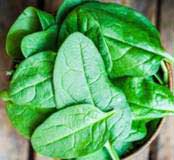
They are rich in B vitamins and antioxidants. They contain proteins and essential amino acids needed by the body.
Spices like turmeric, mustard, asafoetida (hing), coriander, turmeric, fenugreek (methi), cloves, pepper, cinnamon, garlic, ginger and curry leaves help in digestion and are good immunity boosting foods as recommended by Ayurveda.
Black or green tea contains polyphenols, flavoniods, and antioxidants that can help destroy free radicals and may prevent premature aging.
